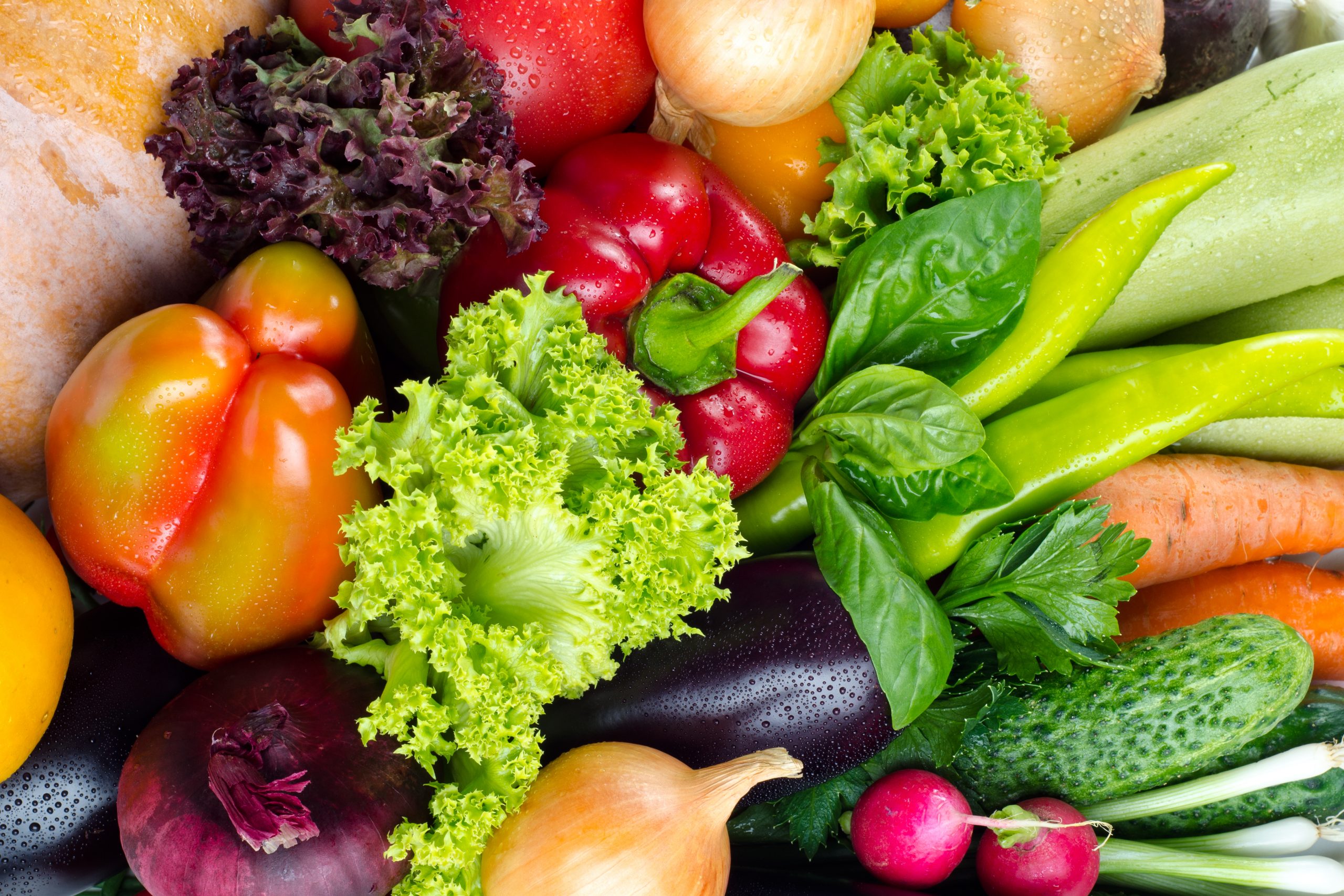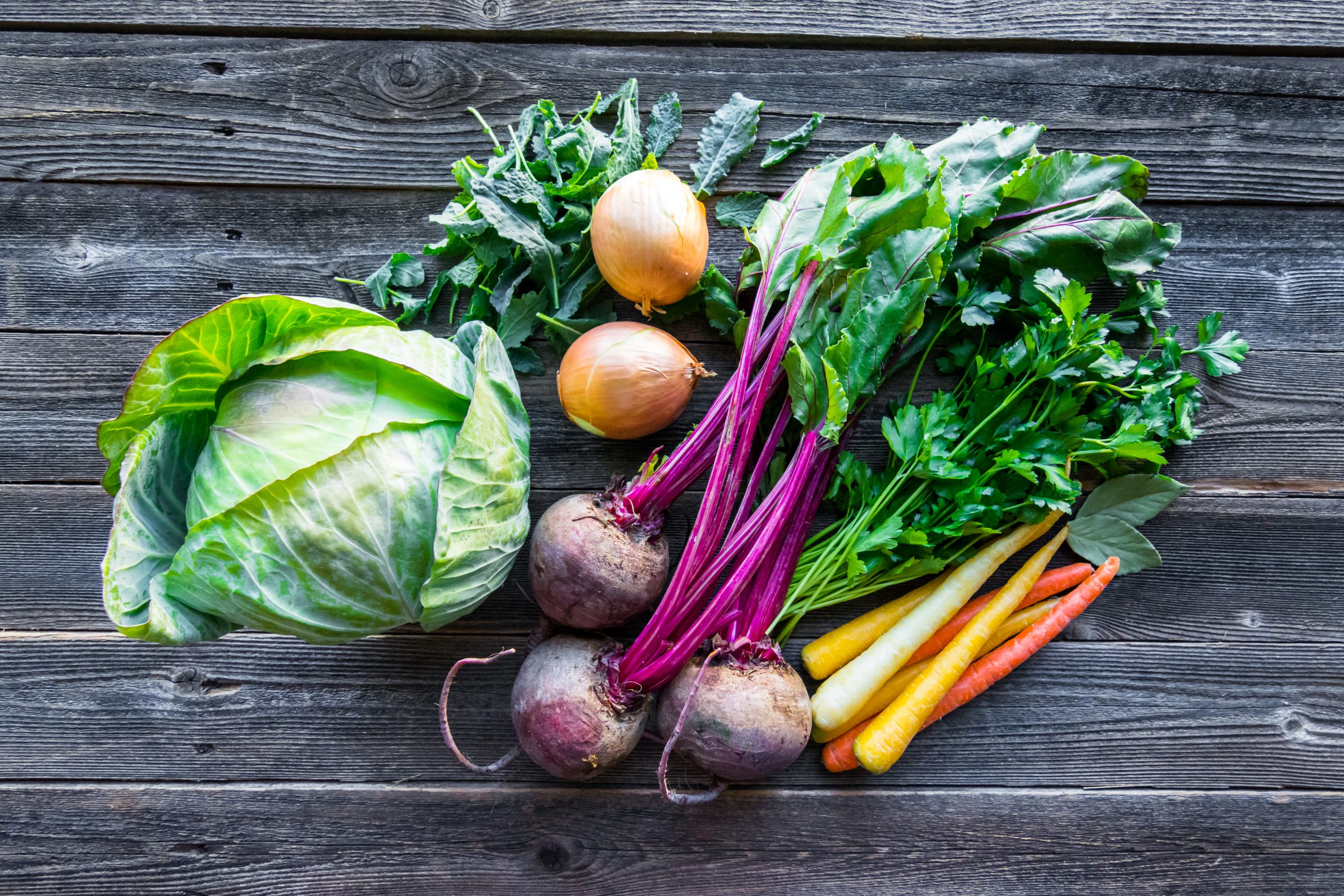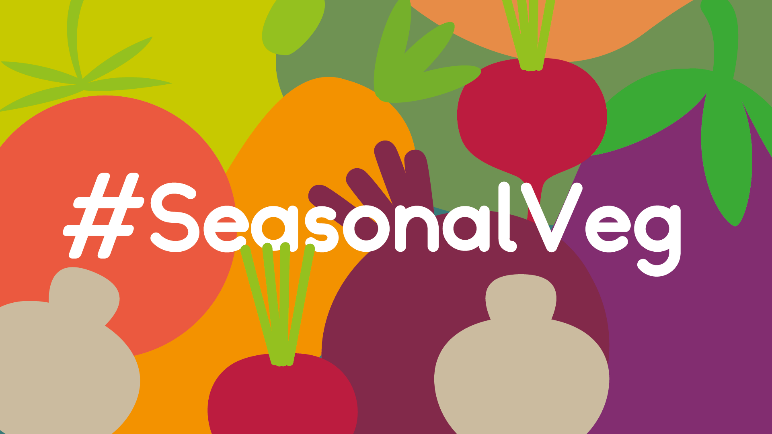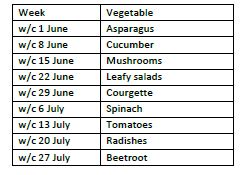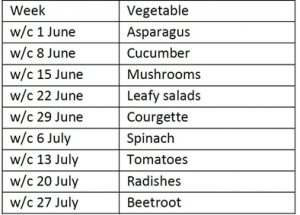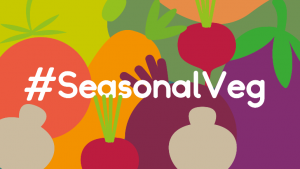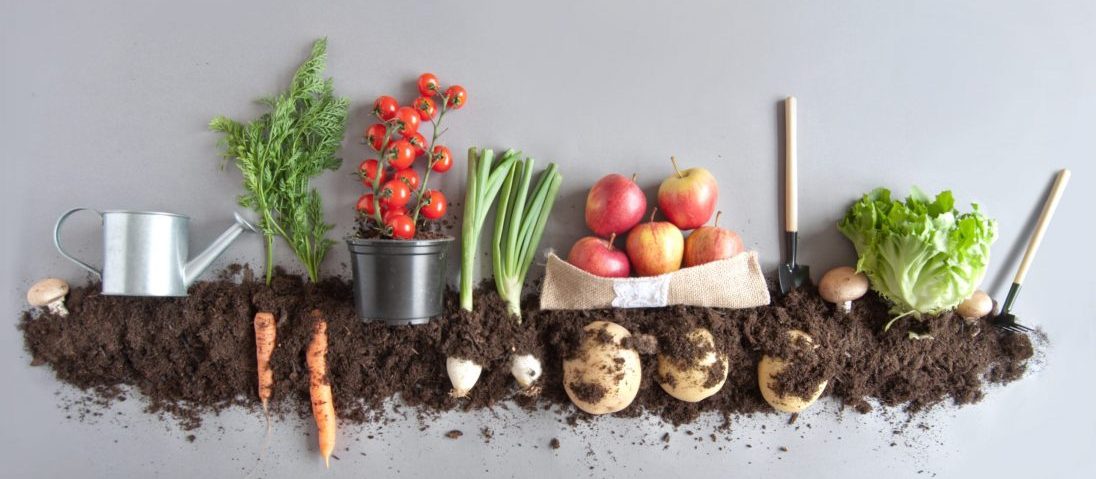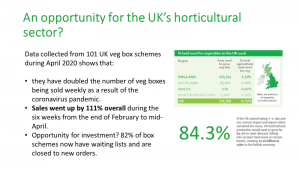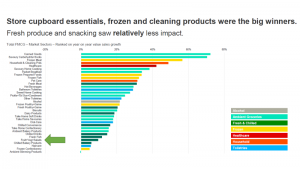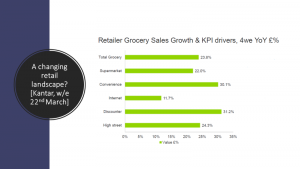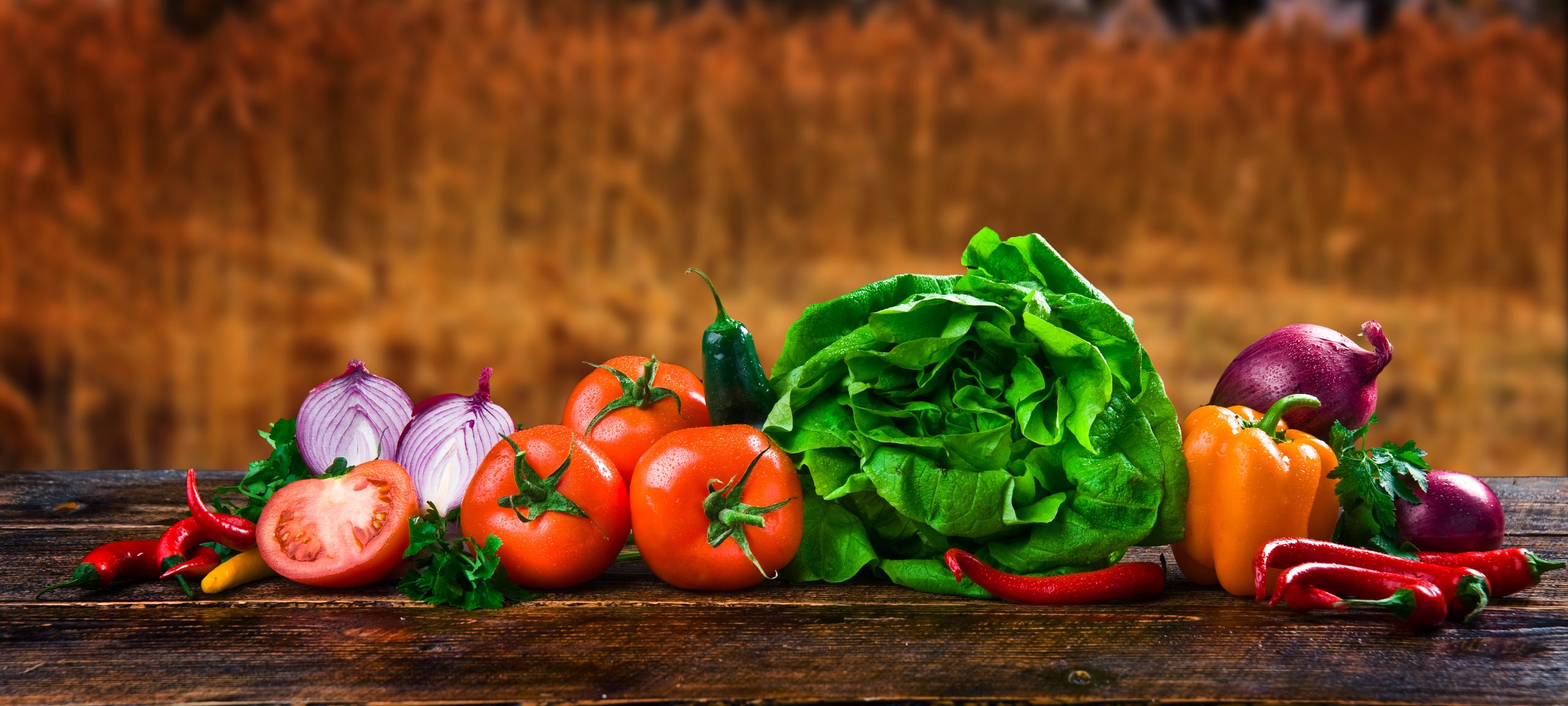Support during the Coronavirus outbreak – CBILS and farming businesses
Background
On the 3rd April the Government announced extensions to the Coronavirus Business Interruption Loan Scheme (CBILS), which was originally launched on the 23rd March as part of a package of measures to support businesses hit by Coronavirus. This means that all viable small businesses affected by Coronavirus, and not just those viable businesses unable to secure regular commercial financing, will now be eligible if the lender believes they will need finance to see them through these unprecedented times. This means many more farming businesses are now eligible to take part in the scheme.
What is the Coronavirus Business Interruption Loan Scheme?
The Coronavirus Business Interruption Loan Scheme (CBILS) supports viable small and medium-sized businesses experiencing difficulties as a result of the coronavirus outbreak to access finance, if external finance is the right answer.
The scheme helps all viable UK-based businesses with an annual turnover of up to £45 million, to access loans, overdrafts, invoice finance and asset finance of up to £5 million for up to 6 years.
The government will also make a Business Interruption Payment (BIP) to cover the first 12 months of interest payments and any lender-levied fees. This means smaller businesses will benefit from no upfront costs and lower initial repayments.
By providing an 80% government guarantee on eligible lending, this scheme gives over 40 lenders the confidence to keep lending to viable businesses that have been affected by the Coronavirus outbreak but are facing significant cash-flow difficulties in the short-term.
No lender can take a personal guarantee for a loan of less than £250,000 that is supported by the CBILS.
Over 40 accredited lenders provide loans supported by the scheme, including all the major banks.
Farming businesses
The agricultural sector has the same eligibility criteria as all of the other sectors within the CBILS eligibility criteria. An SME operating within the agricultural sector does not have to prove their eligibility in any different way to an SME operating in other sectors e.g. retail or manufacturing.
The maximum value of lending that can be delivered to an SME operating in the agricultural sector is the same as for any other sector i.e. £5m up to 6 years for term loans and asset finance, and 3 years for revolving credit and invoice finance.
The only difference relates to the level of the BIP (to cover the first 12 months of interest payments and any lender-levied fees) an agricultural SME can receive; this is restricted to a maximum of €100,000.
Do any other payments received reduce the amount of BIP that can be offered to farm businesses through CBILS?
Certain payments you receive may count towards the amount of BIP. In this instance, these payments are made under the Temporary Framework for State aid measures to support the economy in the current Coronavirus outbreak. Other payments such as the Basic Payments Scheme, the Rural Development Programme for England, or those received as Agricultural de-minimis will not affect the value of BIP that can be made.
How do farm businesses apply for a CBILS loan?
In the first instance farming businesses should contact their usual finance provider. Following expansion of the scheme farming businesses should consider re-contacting their lender if they have previously been unsuccessful in securing finance, as they may now be eligible. Businesses may also consider approaching one of the other 40 accredited lenders if they have been unable to access the finance they need through their own bank.
UK Finance have issued a statement on behalf of the sector which announced that banks, building societies and credit card providers are committed to supporting their business customers in continuing to trade, and would encourage businesses to speak to their lender if they need finance.
What about larger businesses?
The new Coronavirus Large Business Interruption Loan Scheme (CLBILS) will provide a government guarantee of 80% to enable banks to make loans of up to £25 million to firms with an annual turnover of between £45 million and £250 million. For firms with a turnover of more than £250 million the maximum loan is £50 million.
This will give banks the confidence to lend to more businesses which are impacted by coronavirus but which they would not lend to without CLBILS. Loans backed by a guarantee under CLBILS will be offered at commercial rates of interest.
Bounce Back Loan
The Bounce Back Loan scheme will launch on the 4th May 2020 and will help small and medium sized businesses to borrow between £2,000 and £50,000. The government will guarantee 100% of the loan and there won’t be any fees or interest to pay for the first 12 months.
Loan terms will be up to 6 years with no repayments due during the first 12 months. The government will work with lenders to agree a low rate of interest for the remaining period of the loan. The scheme will be delivered through a network of accredited lenders. We will circulate further details about the scheme as they become available.
For further information visit GOV.UK or email agritrade@defra.gov.uk.
Government recovery strategy
A recent unofficial report suggests that seven guidance documents have been drawn up by cabinet office minister Michael Gove and business secretary Alok Sharma, and these will form the basis for the government’s proposals to get people back to work in the coming weeks. The documents cover workers in seven different settings: hotel and restaurant staff; those who work in other people’s homes; factory workers; people working outdoors; people working in vehicles; shop workers; and office workers.
Businesses with more than five employees must produce a written risk assessment of working conditions for their staff if they wish to reopen during the pandemic. But even after the first relaxation of some lockdown measures, expected to be announced by Boris Johnson on Sunday, it will remain the case that those who can work from home must continue to do so.
Important announcement on changes to the deadline for the BPS scheme
2020 claim deadline extended to 15 June 2020
The government has confirmed that the deadline for 2020 Basic Payment Scheme (BPS) applications, Countryside Stewardship (CS) revenue claims, Environmental Stewardship (ES) claims, and woodland legacy revenue claims, without penalty, is extended by one month to midnight on 15 June 2020, in recognition of the disruption caused by coronavirus (COVID-19).
The period for making amendments without penalty is extended to midnight on 30 June 2020.
The final deadline, with penalty, is extended to midnight on 10 July 2020.
Seasonal Workers update
Pick for Britain website has launched. The website is a joint public sector and industry initiative to bring together those who are looking for work on UK farms over the harvest period with recruiters who have roles to fill. The website will act as a central hub to signpost people to the jobs available and to provide information about this type of work.
Important announcement for RPA inspections
The RPA have been looking at ways of moving forward in relation to claims inspections whilst the current Government restrictions are in place. As all inspections visits to customers’ own premises have been cancelled, the RPA and DEFRA have put in place a number of options to complete the inspections remotely.
The options are: –
- PO’s email documents to their RPA inspector.
- Where documents cannot be emailed, the PO should contact their inspector for an address to post the documentation either by tracked post or with a reputable courier.
- Where there are specific systems such as payroll, which cannot be downloaded, the RPA can view these remotely with the PO via Microsoft Teams.
- Provide the inspector with access to your PO’s cloud through they could view data normally seen on site
As a last resort, the RPA will consider a limited inspection visit with full social distancing.
It is important to note that all these options apply to both annual 2019 claims where inspections were not completed prior to the lockdown as well as any arrears/interim claims for the 2020 operational programmes.
